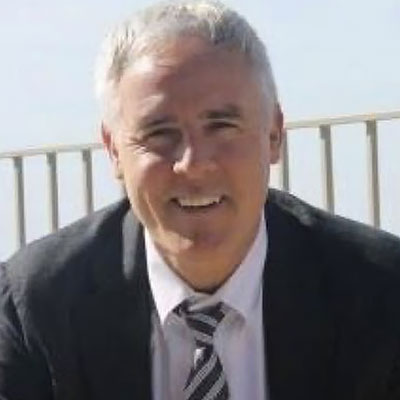Conflict is essential and can often lead to better solutions, says Teachers College’s Peter T. Coleman. The key is for those on each side to keep in mind that life is complex and that neither they nor their adversaries are wholly defined by the issue on the table.
As he shared this past weekend with CBS Sunday Morning’s Susan Spencer, that’s the approach that Coleman — Professor of Psychology & Education and Director of TC’s Morton Deutsch International Center for Cooperation and Conflict Resolution — takes in his Difficult Conversations Lab.

CONVERSATION STARTER Peter T. Coleman, Professor of Psychology & Education, explores the circumstances under which people with opposing views are able to discuss difficult topics. (Photo: TC Archives)
“We wanted to try to get people, in real time, in a space together talking about issues that they had major differences on, like Trump, like gun rights, like climate change,” said Coleman in “Agree to Disagree: Achieving Positive Outcomes from Conflict,” a moving segment that also features the journalist Amanda Ripley, the former NASA astronaut Jay Buckey and Billy Moore, a former Chicago gang member who killed another young man when he was a teenager and now works to prevent gang violence. “And we study the conditions under which conversations over those differences go well, or go poorly.”
When [people] go into these conversations, they're armed for battle, right? But if you say to [them], ‘This is a complicated set of issues, about health and about morality and about religion and about family’ — if you do that, people feel less hostile. People think about it in more nuanced ways.
— Peter T. Coleman, Professor of Psychology & Education
“So, let me give you an example…a conversation over pro-life/pro-choice. And so, when [people] go into these conversations, they're armed for battle, right? But if you say to [them], ‘This is a complicated set of issues, about health and about morality and about religion and about family’ — if you do that, people feel less hostile. People think about it in more nuanced ways. And they ultimately feel better about their conversations.”
